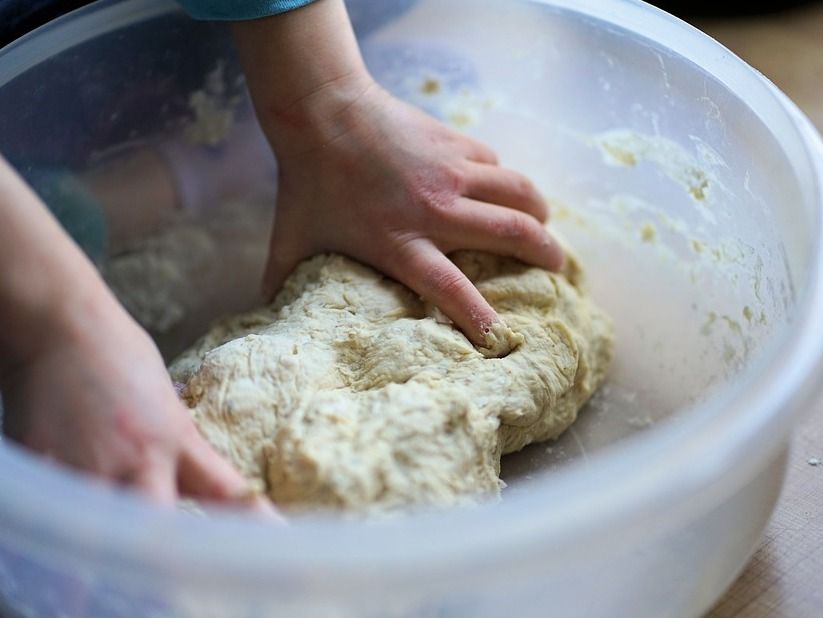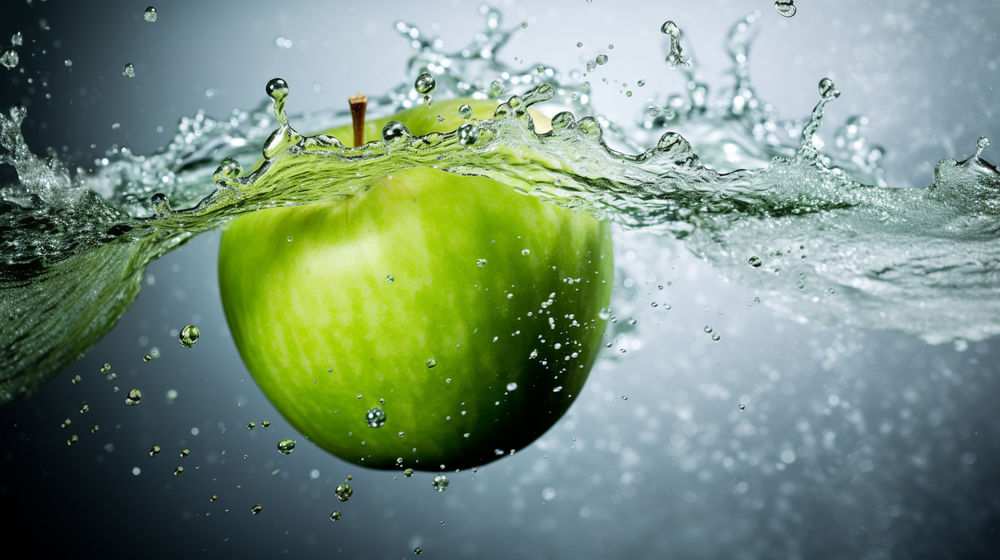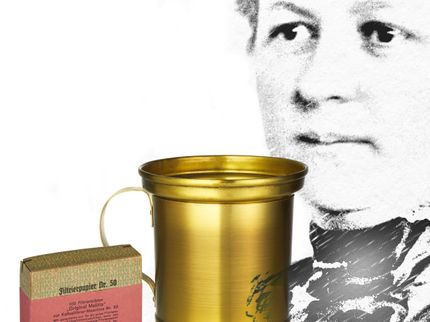Kitchen hygiene in the spotlight: Do TV cooking shows influence our hygiene behaviour?
Advertisement
BfR presenting a research project on the topic of TV kitchen hygiene at International Green Week

webandi/ Pixabay
TV shows dealing with all aspects of cooking are popular. They not only convey knowledge and tasty recipes, they also have a high entertainment value. A research project at the Federal Institute for Risk Assessment (BfR) shows, however, that kitchen hygiene often only plays a minor role on TV. On the occasion of International Green Week, the BfR is presenting the aims, procedure and results of the project today at the BfR Kitchen Hygiene forum in the CityCube Berlin. "The results show that important hygiene measures are often neglected in cooking shows, with one hygiene error being observed every 50 seconds on average," says BfR President Professor Dr. Dr. Andreas Hensel. The good news is that if kitchen hygiene is demonstrated properly, TV cooking shows can also take on a role model function by promoting kitchen hygiene measures to prevent foodborne infections. "If you always wash your hands thoroughly after touching eggs, raw vegetables or meat, for example, and if you clean chopping boards after every working step, you can protect yourself and others from foodborne diseases," explains Hensel.
Contaminated food, dirty kitchen sponges and germs on the hands can spoil the fun of eating. Every year, more than 100,000 cases of illness are reported in Germany which are probably attributable to food-related infections with microorganisms such as bacteria, viruses or parasites. It should go without saying that cleanliness and hygiene should be observed every day when working in the kitchen. Surveys show, however, that consumers often underestimate the health risks of poor kitchen hygiene. Against this background, the BfR has investigated in a current research project the influence of TV cooking shows on kitchen hygiene in the home.
In the first part of the study, 100 episodes of cooking shows were viewed and analysed with regard to the hygiene practice visible on television. The selection was not representative and did not therefore reflect all cooking shows on German TV; it was aimed at shows with different formats with high viewer ratings. On average, one hygiene error was observed every 50 seconds. Among the most common, for example, was that dirty hands were wiped on a dish towel and that chopping boards were reused without first being cleaned. Pathogens can spread in this way and germs transferred from one food to another. From a health point of view, thorough interim cleaning is recommended with foods that are not to be heated before eating.
What influence does the kitchen hygiene behaviour shown on TV have on hobby chefs who prepare the dishes themselves at home? To answer this question, in the second part of the project study participants prepared a poultry salad with home-made mayonnaise in a test kitchen based on a cooking video. The video showed either a chef who visibly followed all recommended hygiene measures or a cook with poor kitchen hygiene. The result was that the people who had seen the cooking video with the exemplary kitchen hygiene complied with the recommended hygiene measures more frequently when cooking the dish by themselves.
The results show that the kitchen hygiene presented in cooking shows may have an influence on the hygiene behaviour of the viewers. TV cooking shows can therefore take on a role model function by sharpening awareness of kitchen hygiene instead of neglecting it.
Other news from the department science
Most read news
More news from our other portals
See the theme worlds for related content
Topic world Hygiene
Hygiene is the foundation of the food and beverage industry. Hygiene technology ensures that products are not only tasty, but most importantly, safe for consumption. From advanced cleaning processes to sterile filling techniques, the industry is constantly setting new standards to prevent contamination and the growth of microorganisms.

Topic world Hygiene
Hygiene is the foundation of the food and beverage industry. Hygiene technology ensures that products are not only tasty, but most importantly, safe for consumption. From advanced cleaning processes to sterile filling techniques, the industry is constantly setting new standards to prevent contamination and the growth of microorganisms.




























































